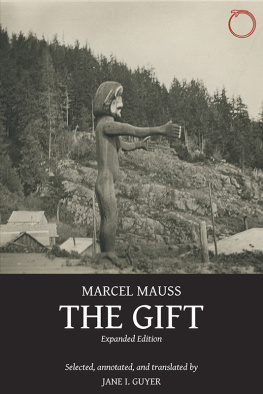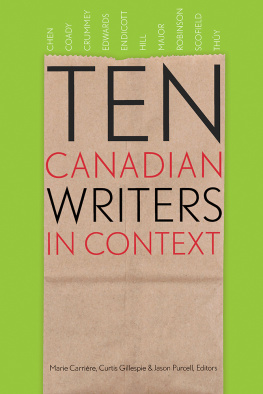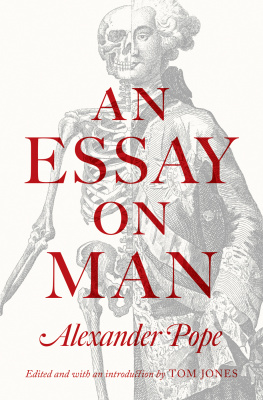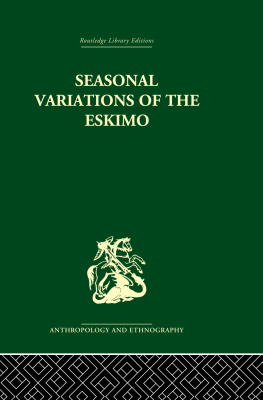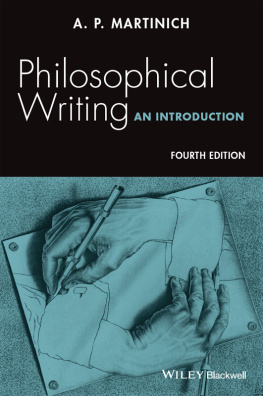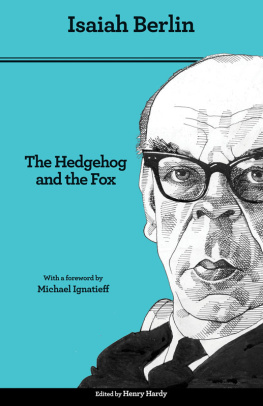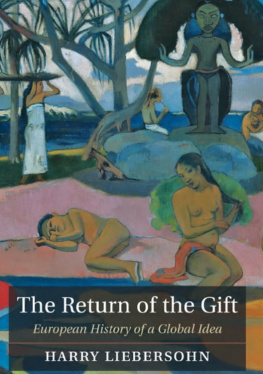
The Gift

Executive Editor
Giovanni da Col
Managing Editor
Sean M. Dowdy
Editorial Board
Anne-Christine Taylor
Carlos Fausto
Danilyn Rutherford
Ilana Gershon
Jason Throop
Joel Robbins
Jonathan Parry
Michael Lempert
Stephan Palmi
www.haubooks.com
2016 Hau Books and Jane I. Guyer
1925 Marcel Mauss, LAnne Sociologique, 1923/24 (Parts I, II, and III)
Cover and layout design: Sheehan Moore
Cover Photograph Courtesy of the Peabody Museum of Archaeology and Ethnology, Harvard University, PM# 2004.29.3440 (digital file# 174010013)
Typesetting: Prepress Plus ( www.prepressplus.in )
ISBN: 978-0-9905050-0-6
LCCN: 2015952084
Hau Books
Chicago Distribution Center
11030 S. Langley
Chicago, IL 60628
www.haubooks.com
Hau Books is marketed and distributed by The University of Chicago Press.
www.press.uchicago.edu
Printed in the United States of America on acid-free paper.
Table of Contents
Foreword by Bill Maurer
Translators Introduction by Jane I. Guyer
PART I: IN MEMORIAM
PART II: ESSAY ON THE GIFT: THE FORM AND SENSE OF EXCHANGE IN ARCHAIC SOCIETIES
chapter one
The Gifts Exchanged and the Obligation to Return Them (Polynesia)
chapter two
The Extent of This System: Liberality, Honor, Money
chapter three
Survivals of These Principles in Ancient Law and Ancient Economy
chapter four
Conclusion
PART III: SELECTED REVIEWS
foreword
Puzzles and Pathways
Bill Maurer
The occasion of a new translation of Marcel Mauss classic Essai sur le don along with the ancillary material that Jane Guyer argues forms its true corpus and contextprovides an opportunity to reflect on how this remarkable work has impacted the discipline of anthropology and how it might continue to do so in the future. The future, of course, singularly occupied Mauss himself, who at the end of the main text put forward tentative reflections on how people could go about continuing to live with one another without repeating the horrors of world war. Horrors, that is, that the human species has continued to repeat. Yet despite the loss that surrounded him, Mauss seemed to invite us to find options, to pick up every text, to pursue every route, to wander and puzzle through alternative pathwaysa commitment to persevere in the face of grief and dread.
The afterlives of The gift have not been limited to the discipline of anthropology, and compared to Mauss time, our own contemporary horrors seem at once more prosaic and more profound. Always-online, ubiquitous digital communications drive new marketplaces in a sharing economy whose instigators and critics explicitly reference gift economies, if not The gift itself. Others, in academia and in the streets, decry the entrenchment of inequality (Piketty 2014) and the enduring ties of obligation that persist alongside the rise of impersonal means of exchange brought about by violence (Graeber 2011). At least, in the person of David Graeber, there is an anthropologist in the mix!
These alternately hopeful and critical (even sometimes apocalyptic) assessments seem at odds, of course. One might wish for a new set of rhetorical or analytical tools to cut through them and bring clarity. But Guyers translation will not do some brush clearing. No. Instead, it will multiply and ramify new options, alternative perspectives, plural pathways through a rich, fertile thicket. It is almost as if she is engaged in a giant reforestation project, providing the right amount of water and sunlight and fertilizer to precipitate, nurture and sustain whole new organisms ecosystems, and webs of relations. She is not just expanding the edition. She is reconnecting us to an expansive world.
As she has done with Bantu terms (Guyer and Eno Belinga 1995: 102), Guyer assiduously excavates the multiple meanings of the French in The gift that are most central to Mauss endeavoreven essai and don themselves. Readers familiar with her oeuvre will gravitate toward the monetary metaphor she invokes near the beginning of her introduction. Like tests of the purity and weight of gold, she argues, the Essai put select materials together in order to compare them to a standard of centuries of scholarship on the nature of exchange. The Essai is thus an assay. It is important, however, not to lose sight of the statistical metaphor that is embedded here, too: the assay of precious metals is a quantitative process. It involves sampling and averaging and probabilities, as in the famous Trial of the Pyx, which has warranted the content of precious metal coins in England from the 1100s right up to the present day (Stigler 1999: 383). In the hands of Guyer, however, this does not entail dry maths of impossible abstractions or ceteris paribus assumptions but the living, breathing number of peoples and practices, the supple handling and manipulation of coin and commodity, as in the petrol line during a shortage in 1997, a story related in her Marginal gains (Guyer 2004: 107). Number is an inventive frontier, densely interwoven with and animated by inspirations and sensations of the practical and mystical kind alike (Guyer et al. 2010: 36). The assay is an experimental test, and a quantitative operation, but one shot through with sense and sensibilities.
Indeed, this perspective on number underscores the nature of the experiment, of the assay, and why it is so important in the world Guyer is expanding for us: it is a test done by recreating, restaging, modeling contexts as best one is able with what one has at hand, as Guyer has done with this translation. Guyer surrounds The gift with its archival entailments while regrounding the footnotes back to the bottom of the page, putting the roots back where they belong. This, in turn, permits two things at once. On the one hand, it permits the reader to reconnect with the estuaries, byways, and wanderings of Mauss intellectual journeys. It restages his own enterprise for us so we can better connect with it. It opens up to us his archive, his library (as my foreword seeks to do, in a smaller way, with Guyers). And, on the other hand, it has material and psychic consequences for the human act of reading this text. It physically draws the readers eye first here, then there, back up and down again, across and between the traces of ink on the page or pixels on the screen, recreating the pathways, the almost endless pathways, both of Mauss journeys and of our own ever-unfolding ones. Journeys where we meet all kinds of unexpected characters and find all kinds of routes in the roots.
Such is Guyers (and Mauss) method: a method of inspirational pathways, meetings, and companionship (p. 000). The expanded edition creates an expansea new (to us), vast, open yet dense territory, which also permits new relations as we explore afresh our existing connections to this foundational text.
And a method of companionship . It was central to Mauss politics. As Keith Hart has summarized, in making sense of Mauss cooperativism: Mauss held that there are two prerequisites for being human: we each have to learn to be self-reliant to a high degree and we have to belong to others in order to survive, merging our identities in a bewildering variety of social relationships (Hart 2000: 192) . It strikes me, though, that there is also something very Africanist about Guyers method, and, indeed, she at least partially intends with this translation to bring forward Mauss perspective on Africa. Pathways suggest a phenomenology and a politics. The phenomenology is reminiscent of Guyers retheorization of wealth-in-people, so common a trope in the literature. Guyer looked to studies of minkisi , so-called fetish objects containing powers in particular configurations to address illness, conflict, and conciliation. Citing Wyatt MacGaffeys work with such objects, she and Eno Belinga write: Minkisi were conglomerates of things, each component evocative of different powers which, when put together, played off one another to make allusions, create tensions and invoke spiritual complementarities that were deeply inspiring and intimidating (Guyer and Eno Belinga 1995: 113).
Next page
